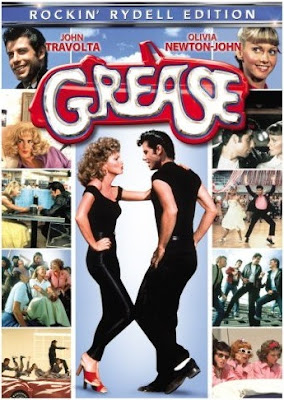(English Translation below each paragraph)
Hoy voy a recomendaros una aplicación que se llama "Songpop", que es muy útil para ampliar nuestro "background" musical. Este juego se puede descargar tanto para iOS como para Android pero, como yo tengo un iPad, os doy el enlace a la Apple Store.
Today I'm going to recommend you an app called "Songpop" which is very useful to get a good background of music. This game can be download both iOS and Android. As I have an iPad, I'm giving you the link to the Apple Store.
El juego consiste en adivinar canciones de un estilo concreto en menos tiempo que tu rival. Aunque puede parecer difícil, con la práctica y el tiempo se llega a ser muy rápido. Hay muchos tipos de listas: Soul, Blues, Música Clásica, Punk, etc. Podéis ir comprando aquellas en las que sois buenos, u os gusten, jugando: cuando ganas, te dan puntos que se intercambian por listas. También se pueden seleccionar nuestras canciones favoritas que se van guardando en un apartado de nuestro perfil.
The game consists on guessing songs of a particular style faster than your rival. Although it may seem difficult, with practise and time, you get to do it really fast!!. There are many kind of lists: Soul, Blues, Classical Music, Punk, etc. You can buy the ones you are good at, by playing: when you win, you get points that you can exchange for lists. You can mark, too, your favorite songs. :)
¿Y qué uso didáctico podemos darle en el aula?
1º.- Si los alumnos juegan, pueden aprender a reconocer diferentes tipos de músicas por la escucha.
2º.- Se pueden hacer concursos entre equipos. Tenemos la opción, en el juego, de ir a las listas y escuchar fragmentos de canciones que las conforman, además del juego "per se". Podéis dividir la clase en dos grupos y, entonces, poner canciones distintas y ellos tienen que adivinar el estilo de música (si trabajamos la música urbana). Ganará el que acierte más.
3º.- Si se quiere trabajar la Música Clásica, podéis usar estos fragmentos para analizar las características de diferentes períodos. Por supuesto, antes de esto, hay que escucharlos previamente, para ver los más adecuados y las obras que preferimos.
And how can we use that in the classroom?.
1st.- If our students play this game, they can learn different kinds of music by listening to it.
2nd.- You can do contest between teams. You have the option to go to lists and listen to fragment of songs, besides the game. You can divide the group in two parts and, then, play different songs and they have to tell you the style of music (if you're working urban music).
3rd.- If you want to work Classical music, you can use this fragments to see the characteristics of different periods. Of course, before playing them, you have to listen to them previously, to select the better plays.
Creo que los alumnos se motivan mucho con este tipo de actividades. Si tenemos la posibilidad de que ellos traigan sus propios dispositivos, aún mejor. :) Espero que os haya gustado. Si queréis comentar cualquier cosa, ¡adelante!.
I think students are very motivated about this kind of activities. If we have the possibility of students bringing their own devices, it would be great. :) I hope you've enjoyed it. If you want to do any comments, don't hesitate.



